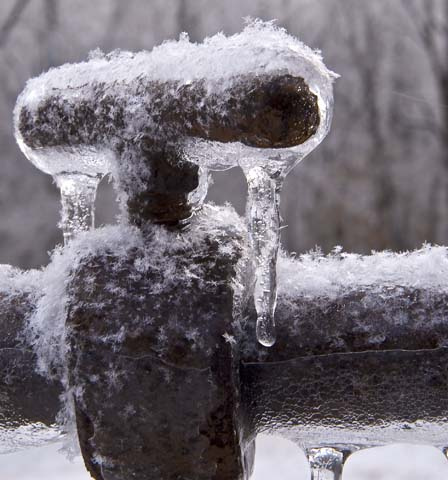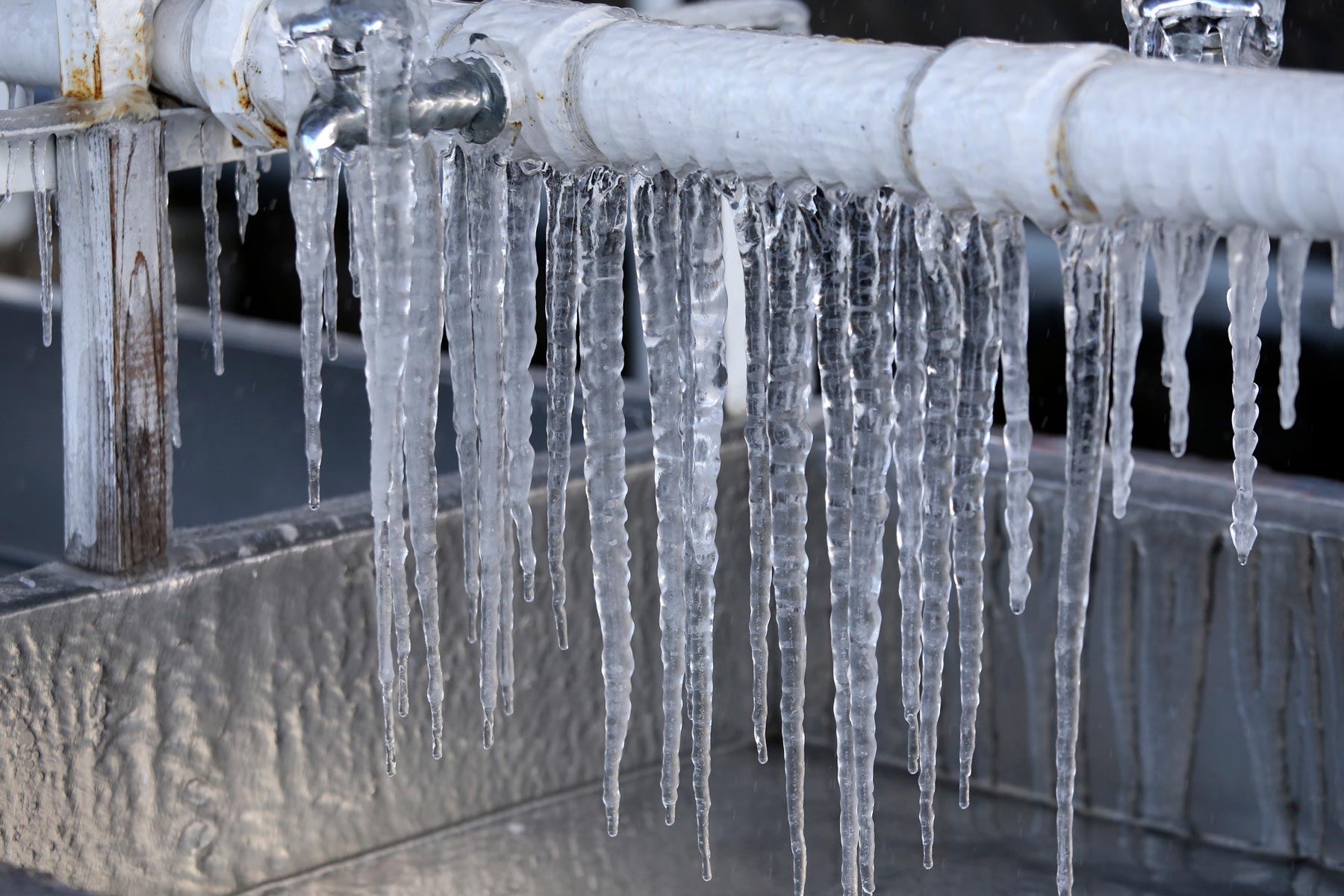How to Defend Pipes from Freezing: Expert Tips
How to Defend Pipes from Freezing: Expert Tips
Blog Article
Just how do you actually feel when it comes to Winter Plumbing Precautions: Preventing Frozen Pipes?

Winter can damage your plumbing, specifically by freezing pipelines. Right here's just how to prevent it from happening and what to do if it does.
Introduction
As temperature levels decrease, the threat of icy pipes boosts, potentially leading to costly repairs and water damages. Recognizing how to avoid frozen pipelines is essential for homeowners in cool environments.
Recognizing Icy Pipes
What causes pipelines to freeze?
Pipes ice up when subjected to temperatures below 32 ° F (0 ° C) for prolonged periods. As water inside the pipelines freezes, it expands, putting pressure on the pipe wall surfaces and possibly triggering them to break.
Risks and problems
Frozen pipelines can lead to water supply disturbances, residential property damages, and pricey repair work. Ruptured pipelines can flood homes and trigger comprehensive architectural damage.
Signs of Frozen Pipes
Identifying frozen pipes early can stop them from bursting.
How to identify icy pipelines
Seek lowered water circulation from taps, unusual odors or sounds from pipelines, and noticeable frost on subjected pipes.
Prevention Tips
Shielding at risk pipelines
Cover pipes in insulation sleeves or use warmth tape to shield them from freezing temperatures. Focus on pipelines in unheated or outside areas of the home.
Heating techniques
Keep interior areas sufficiently heated, specifically locations with plumbing. Open cupboard doors to permit cozy air to flow around pipes under sinks.
Securing Outside Plumbing
Garden hoses and outside taps
Disconnect and drain yard hoses prior to winter season. Install frost-proof faucets or cover outside faucets with insulated caps.
What to Do If Your Pipes Freeze
Immediate activities to take
If you believe icy pipelines, maintain faucets open to eliminate stress as the ice thaws. Make use of a hairdryer or towels taken in hot water to thaw pipelines slowly.
Long-Term Solutions
Architectural modifications
Consider rerouting pipes far from outside walls or unheated locations. Include added insulation to attic rooms, cellars, and crawl spaces.
Updating insulation
Invest in top quality insulation for pipes, attics, and walls. Proper insulation helps maintain regular temperature levels and lowers the risk of frozen pipelines.
Verdict
Avoiding frozen pipelines needs positive actions and fast actions. By understanding the causes, indicators, and safety nets, house owners can safeguard their pipes during cold weather.
Helpful Tips to Prevent Frozen Pipes this Winter
UNDERSTANDING THE BASICS: WHY PIPES FREEZE AND WHY IT’S A PROBLEM
Water freezing inside pipes is common during the winter months, but understanding why pipes freeze, and the potential problems it can cause is crucial in preventing such incidents. This section will delve into the basics of why pipes freeze and the associated problems that may arise.
THE SCIENCE BEHIND FROZEN PIPES
When water reaches freezing temperatures, it undergoes a physical transformation and solidifies into ice. This expansion of water as it freezes is the primary reason pipes can burst. As the water inside the pipe freezes, it expands, creating immense pressure on the walls. If the pressure becomes too great, the pipe can crack or rupture, leading to leaks and water damage.
FACTORS THAT CONTRIBUTE TO PIPE FREEZING
Low Temperatures: Extremely cold weather, especially below freezing, increases the risk of pipes freezing. Uninsulated or Poorly Insulated Pipes: Pipes located in unheated areas, such as basements, crawl spaces, or attics, are more prone to freezing. Insufficient insulation or lack of insulation altogether exacerbates the problem. Exterior Wall Exposure: Pipes running along exterior walls are susceptible to freezing as they encounter colder temperatures outside. Lack of Heating or Temperature Regulation: Inadequate heating or inconsistent temperature control in your home can contribute to frozen pipes. PROBLEMS CAUSED BY FROZEN PIPES
- Pipe Bursting: As mentioned earlier, the expansion of water as it freezes can cause pipes to burst, resulting in significant water damage.
- Water Damage: When pipes burst, it can lead to flooding and water damage to your property, including walls, ceilings, flooring, and personal belongings.
- Structural Damage: Prolonged exposure to water from burst pipes can compromise the structural integrity of your home, leading to costly repairs.
- Mold and Mildew Growth: Excess moisture from water damage can create a favorable environment for mold and mildew growth, posing health risks to occupants.
- Disrupted Water Supply: Frozen pipes can also result in a complete or partial loss of water supply until the issue is resolved.
WHY CERTAIN PIPES ARE MORE PRONE TO FREEZING
- Location: Pipes located in unheated or poorly insulated areas, such as basements, crawl spaces, attics, or exterior walls, are at higher risk of freezing.
- Exterior Pipes: Outdoor pipes, such as those used for irrigation or exposed plumbing, are particularly vulnerable to freezing as they are directly exposed to the elements.
- Supply Lines: Pipes that carry water from the main water supply into your home, including the main water line, are critical to protect as freezing in these lines can affect your entire plumbing system.
- Underground Pipes: Pipes buried underground, such as those connected to sprinkler systems or outdoor faucets, can be susceptible to freezing if not properly insulated.
https://busybusy.com/blog/helpful-tips-to-prevent-frozen-pipes-this-winter/

I'm very involved in Prevent Frozen Pipes and I hope you liked the entire article. Do you know about someone else who is serious about the topic? Take a moment to promote it. Bless you for being here. Don't forget to come by our site back soon.
Call Today Report this page